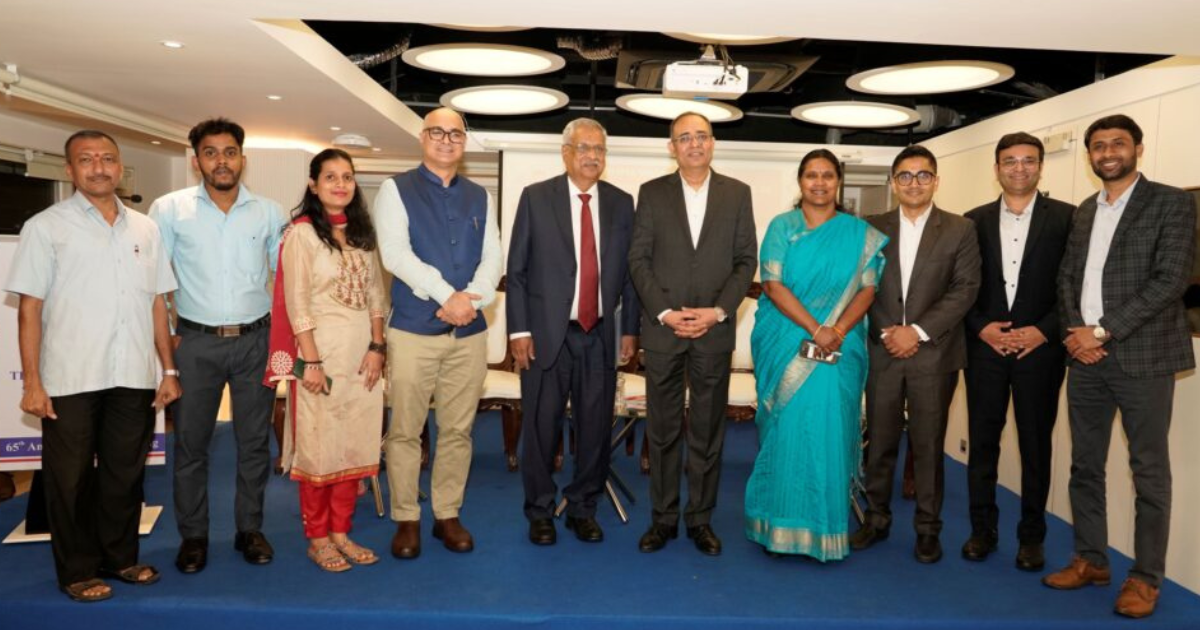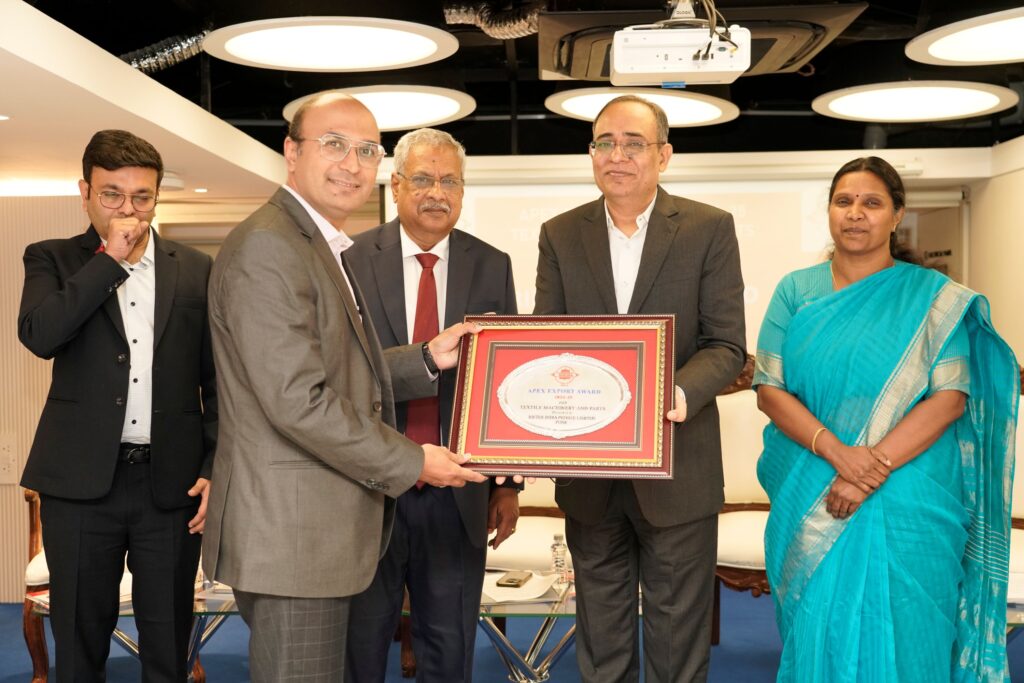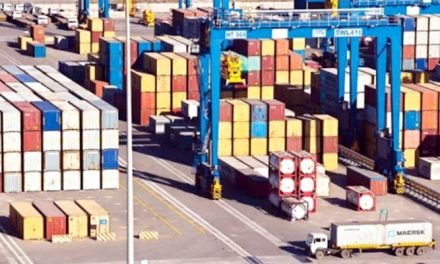
The Textile Machinery Manufacturers’ Association of India (TMMA) held its 65th Annual General Meeting in Mumbai, bringing together industry leaders, policymakers, and innovators to reflect on the current state of the textile machinery sector and chart the path forward. The event was graced by Mr. Rohit Kansal, Additional Secretary, Ministry of Textiles, as Chief Guest, along with senior dignitaries, past chairpersons, and members of the association.
Chairman’s Address: A Call for Strengthening Competitiveness
In his welcome address, M. Sankar, Chairman, TMMA, acknowledged the challenges faced by the textile and textile machinery sector amid shifting global trade dynamics, rising input costs, and increasing competition. However, he emphasized that India’s textile machinery manufacturers must leverage innovation, investment, and strong collaboration with user industries to strengthen their global competitiveness.
He reiterated the need for accelerated modernization, support for R&D, and scaling up domestic manufacturing capacities to reduce reliance on imports. Highlighting TMMA’s consistent efforts in policy advocacy and industry collaboration, Sankar called upon members to align with national initiatives like Atmanirbhar Bharat and sustainability goals to secure long-term growth.
 Government’s Perspective: Challenges as Opportunities
Government’s Perspective: Challenges as Opportunities
Delivering the keynote, Rohit Kansal, Additional Secretary, Ministry of Textiles, underscored the symbiotic relationship between the textile sector and the machinery industry, noting that the progress of one directly impacts the other. He painted a positive outlook for the industry, reminding stakeholders that India’s textile ecosystem is valued at $176 billion with ambitions to grow to $350 billion, including $100 billion in exports. He highlighted India’s strength as one of the few nations with a complete textile value chain — from raw materials to finished garments.
Kansal, however, cautioned that while India produces textile machinery worth Rs. 15,000 cr annually, imports still stand at Rs. 17,000 cr, meaning domestic manufacturers meet only half the demand. He urged the industry to view this as a major opportunity for scaling up.
Outlining the Ministry’s priorities, he laid down three key pillars for the sector’s transformation:
• Technology Roadmap – Integrating digitization, AI, and advanced forecasting tools for MSMEs
• Sustainability & Circularity – Developing machinery that enables energy efficiency, water savings, and textile-to-textile recycling.
• Efficient Manufacturing Ecosystem – Building on schemes like ATUFS and evolving toward a National Textile Manufacturing Mission with direct incentives.
He reaffirmed the government’s commitment to work closely with TMMA to address challenges in power, logistics, finance, and to promote green, competitive, and globally benchmarked textile machinery manufacturing in India.
The AGM also celebrated the achievements of member companies through Export Excellence and R&D Awards 2024–25, recognizing contributions to exports, innovation, and technology development.
The 65th AGM of TMMA reflected the sector’s resilience, innovation, and readiness to embrace new opportunities. With strong government-industry collaboration, focus on sustainability, and recognition of pioneering achievements, the association reaffirmed its role as a catalyst in making India a global hub for textile machinery manufacturing.






















